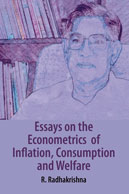New Releases...
Download Catalogue...
Download Excel Data
Download PDF Catalogue
You will get a Excel file with detail about catalogue.
You will get PDF file with detail about catalogue.
Detailed info...

Hard-cover • 2010
Pages: 302
ISBN: 9788171888146
INR 995
+ Add to Cart
Publisher:
Academic Foundation
Economic Challenges to Make South Asia Free from Poverty and Deprivation
Meeta Kumar‚ Mihir Pandey (Eds.)
About the Book
<p>The South Asia Economics Students' Meet is a unique platform created in 2003-04 to give young undergraduate students of Economics an opportunity to interact academically and discuss important contemporary economic issues pertaining to South Asia. The papers in this volume were presented at the 5th Meet, held in Delhi in March 2008, on the theme “Economic Challenges to Make South Asia Free from Poverty and Deprivation.”<br />
The papers are divided into four sub-themes. </p>
<p>Section 1: Accelerating Rural Growth and Empowering the Rural Poor</p>
<p>Section 2: Investing in the Social Sector</p>
<p>Section 3: Improving the Quality of Physical Infrastructure</p>
<p>Section 4: Accountability, Institutions and Economic Growth</p>
<p><br />
This collection of papers is special in several ways. It is topical; it not only reiterates the capabilities of the young contributors, it also reflects the quality of teaching and academics on the sub-continent. The youth of the contributors is well compensated by their intellectual maturity. This volume is the repository of the hope and effort that we have invested in our students, and in our future. It will give the reader some idea of the capabilities of our ‘future economists'.</p>
About the Author(s) / Editor(s)
<p><strong>Meeta Kumar </strong>has taught Economics at various colleges of the University of Delhi since 1990; since 1995, she has taught at Miranda House.</p>
<p><br />
She has also been visiting faculty at the Lahore University of Management Sciences (during the summer of 2006).</p>
<p><br />
She specialises in teaching the economic history of colonial India and development economics.</p>
<p><br />
She has been very actively involved with the organisation of several national and international debates, seminars and conferences for students, with a view to introducing inter-disciplinary perspectives in teaching and promoting intercultural interactions.</p>
<p> </p>
<p> </p>
<p> </p>
<p><strong>Mihir Pandey</strong> is Associate Professor of Economics at Ramjas College, University of Delhi where he has taught for 25 years.</p>
<p><br />
He received his B.A. and M.A. in economics from University of Delhi and a PhD in economics from Rutgers University.</p>
<p><br />
His research has been primarily in the area of international economics, focusing on India's trade policy.</p>
<p><br />
He has also worked on environmental issues in India.</p>
Contributors
<p><strong>Saher Asad</strong>, Lahore University of Management Sciences, Pakistan.</p>
<p> </p>
<p><br />
<strong>Manka Bajaj</strong>, St. Xavier's College, Mumbai, India.</p>
<p> </p>
<p><br />
<strong>M.S. Shanaz Banu</strong>, University of Colombo, Sri Lanka.</p>
<p> </p>
<p><br />
<strong>Rishi Chakravarti</strong>, Jadavpur University, India.</p>
<p> </p>
<p><br />
<strong>Asmita Ganguly</strong>, Jadavpur University, India.</p>
<p> </p>
<p><br />
<strong>Sanya Garg</strong>, Delhi University, India.</p>
<p> </p>
<p><br />
<strong>Nabaraj Gautam</strong>, Tribhuvan University, Nepal.</p>
<p> </p>
<p><br />
<strong>Fahim Hassan</strong>, University of Dhaka, Bangladesh.</p>
<p> </p>
<p><br />
<strong>Syeda ShahBano Ijaz</strong>, Lahore University of Management Sciences, Pakistan.</p>
<p> </p>
<p><br />
<strong>Abdul Rafeh Iqbal</strong>, Lahore School of Economics, Pakistan.</p>
<p> </p>
<p><br />
<strong>Shazana Ismail</strong>, University of Colombo, Sri Lanka.</p>
<p> </p>
<p><br />
<strong>Niranjani Kailayanathan</strong>, University of Colombo, Sri Lanka.</p>
<p> </p>
<p><br />
<strong>Amna Khan</strong>, Lahore University of Management Sciences, Pakistan.</p>
<p> </p>
<p><br />
<strong>Dulanii Liyanahetti,</strong> University of Colombo, Sri Lanka.</p>
<p> </p>
<p><br />
<strong>Sangeeta Nath</strong>, University of Dhaka, Bangladesh.</p>
<p> </p>
<p><br />
<strong>Jithmal Samankantha</strong>, University of Colombo, Sri Lanka.</p>
<p> </p>
<p><br />
<strong>Pramodha Samarasinghe</strong>, University of Colombo, Sri Lanka.</p>
<p> </p>
<p><br />
<strong>Shanuka Senerath</strong>, University of Colombo, Sri Lanka.</p>
<p> </p>
<p><br />
<strong>Nayantara Sarm</strong>a, Delhi University, India.</p>
<p> </p>
<p><br />
<strong>Sameen Siddiqi</strong>, Lahore University of Management Sciences, Pakistan.</p>
<p> </p>
<p><br />
<strong>Mahjuja M. Taznin</strong>, University of Dhaka, Bangladesh.</p>
<p> </p>
<p><br />
<strong>Mezbah Uddin</strong>, Bachelor of Business Administration (Economics & Finance), North South University, Bangladesh.</p>
<p> </p>
<p><br />
<strong>Ranmini Vithanagama</strong>, University of Colombo, Sri Lanka.</p>
Print Brochure...
Print as it is
Customised brochure
You will get a printout of what you see on your screen under 'Detailed Info'(Uneditable).
You will have the opportunity to edit the text and adjust the extent to fit on A4 size sheet or more accordingly as you desire. Plus, you can download the edited/customised Brochure or simply print it (CTRL + P).


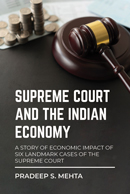



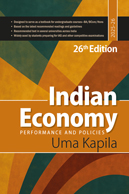
-web-194.jpg)
-front.jpg)
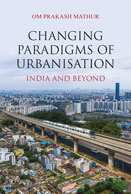






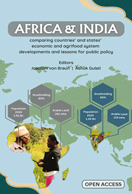
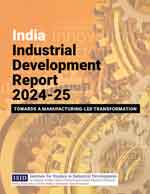
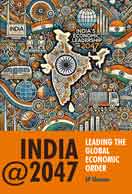
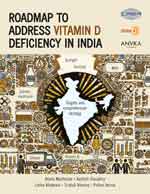
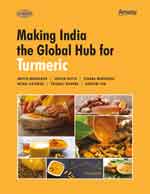
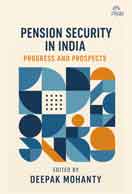
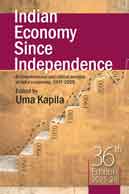
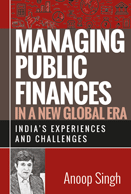
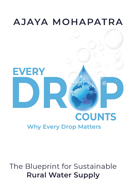
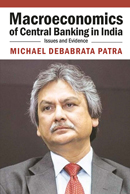

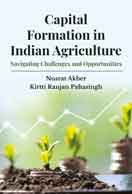











-COVER-web-194.jpg)





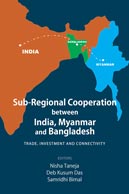






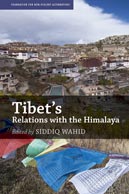



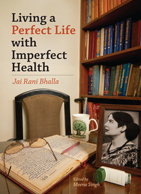












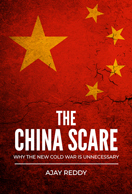
.jpg)






